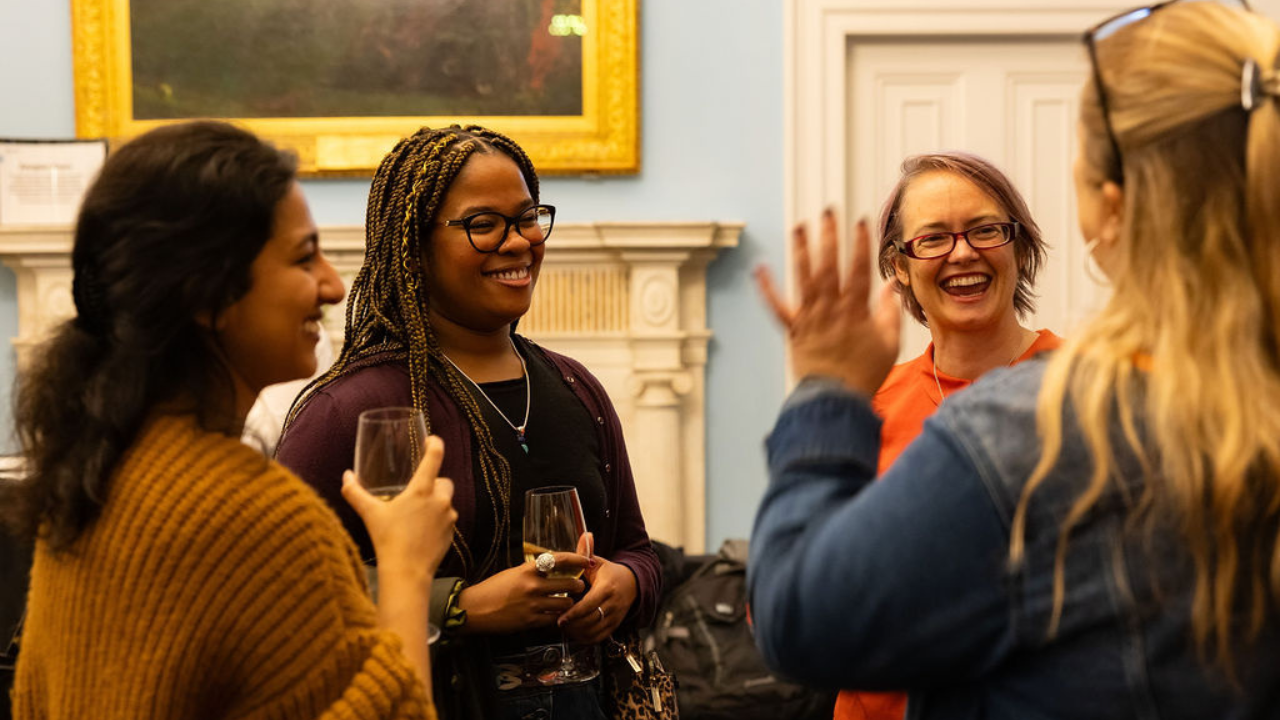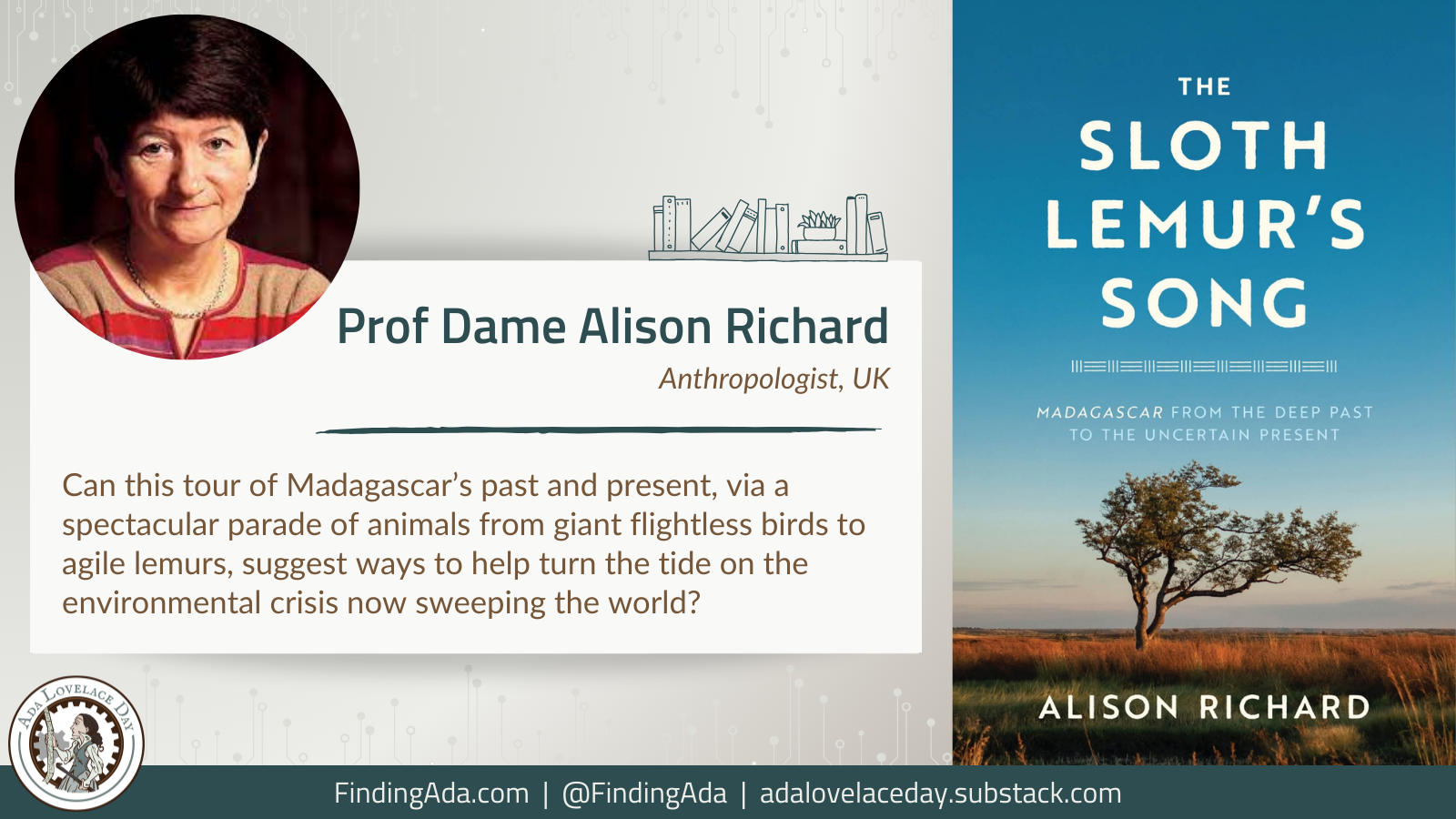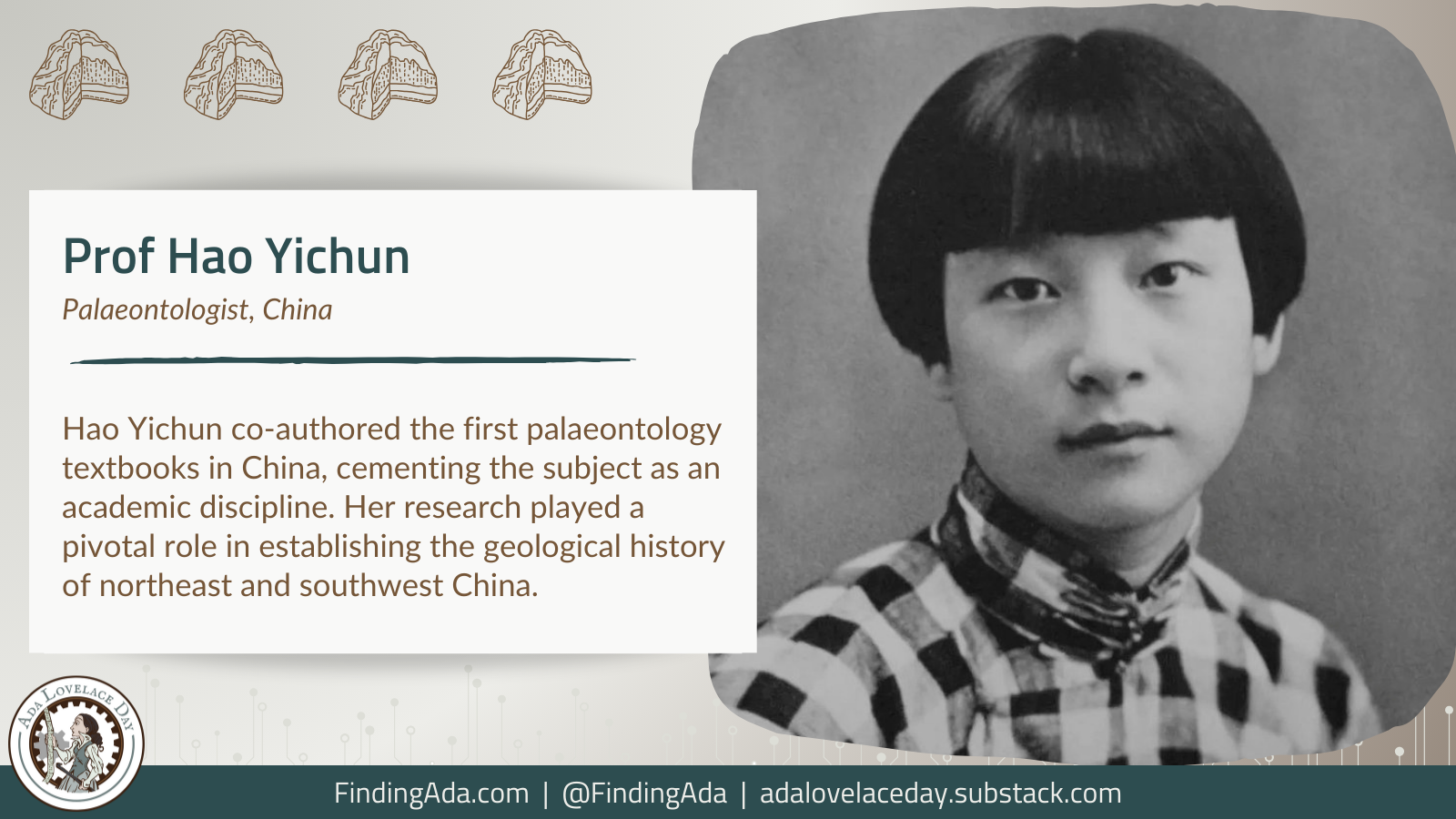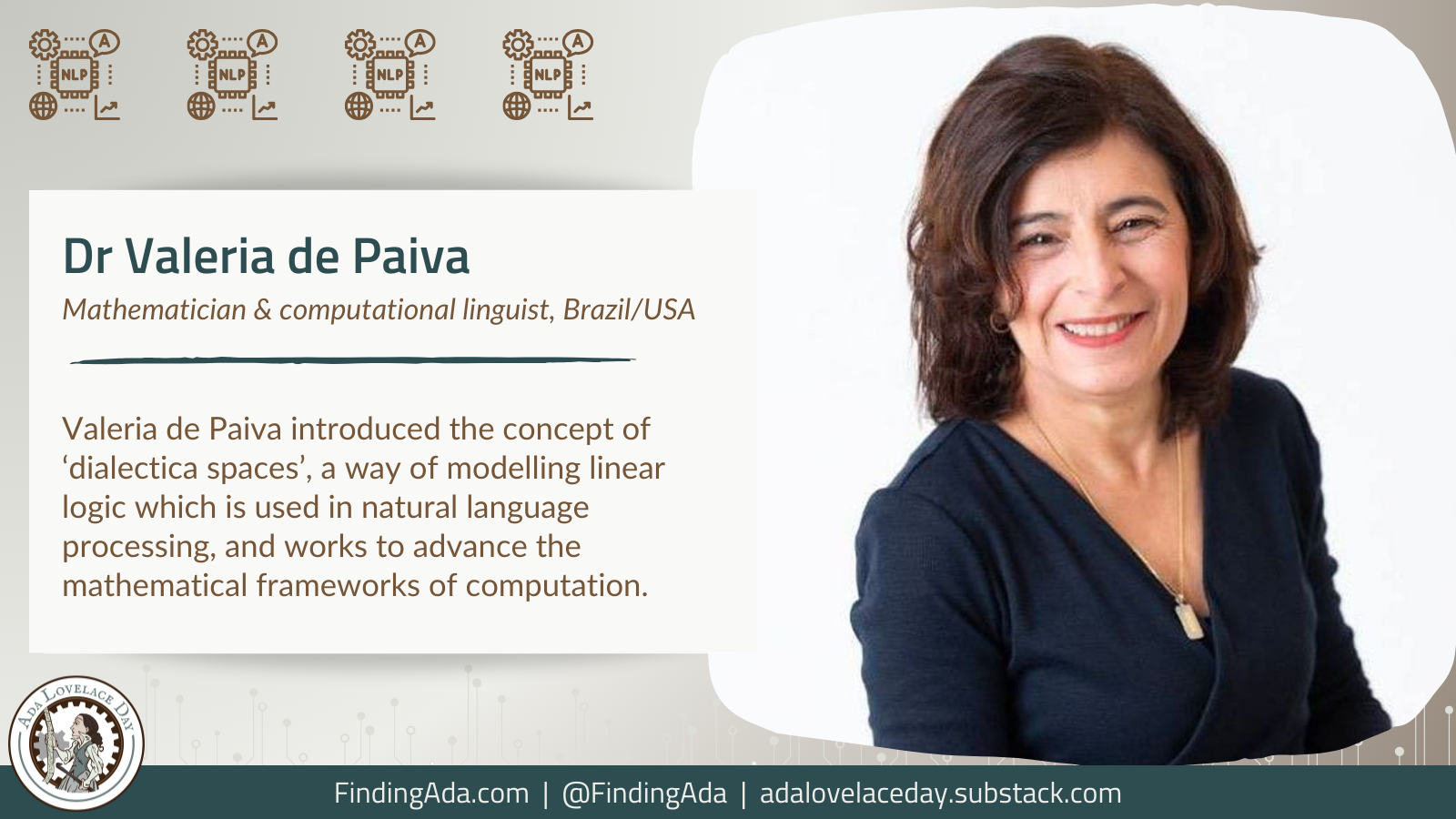
Ada Lovelace Day has built up a huge amount of goodwill around the world over the 15 years since I founded it, yet very few of our sponsors take the time to tap into that. And they’re missing out. Actively engaging your staff and community in Ada Lovelace Day is both easy and rewarding, and doing so helps you to demonstrate your commitment to gender equity. Telling people you care about them is never as powerful as showing through your actions.
So what can you do to make sure that you get the very best out of your time as an Ada Lovelace Day sponsor?
Engage your internal community
Talking about Ada Lovelace Day to your staff is a great way to foster engagement with both the day itself and your sponsorship of it. If you have a women’s network or employee resource group (ERG), then make sure that they know about us as an organisation and that they are kept up to date with our Ada Lovelace Day Live event at the Royal Institution on Tuesday 8 October.
Encourage your staff to follow us via social media and subscribe to our newsletter, and share our own news, such as new speaker announcements or new grassroots events being held around the world. People like to feel that they are part of a bigger movement and Ada Lovelace Day truly is a global movement with events held every year on all inhabited continents, so talking about what’s happening is a great way to help your staff feel connected.
Engage your external community
When you become an Ada Lovelace Day sponsor, you have a chance to share news about our event with your customers and communities. It’s not just an opportunity for you to demonstrate your commitment to gender equity, it also helps us to reach new audiences. It’s a genuine win-win.
Whether you’re using social media, your community newsletter or talking about Ada Lovelace Day with clients and customers, you can use Ada Lovelace Day as a jumping off point for a broader discussion about the need to support women in STEM and what your company is doing to move further towards gender balance in the workplace. And you can do this throughout the run up, as well as after the day, not just on the day itself.
You can also encourage your community to attend Ada Lovelace Day themselves, or organise their own grassroots event or livestream watch party. Our aim is to get as many people as possible to take part in Ada Lovelace Day, and that’s a goal we hope our sponsors share.
It’s also important for you to talk to other business leaders in your network about the day and your sponsorship of it. This doesn’t just establish you as a flagbearer for gender equity, it also signals to other companies how they can get involved and what they can get out of taking part.
Use your perks
We also provide all our sponsors with perks such as free tickets to Ada Lovelace Day Live, in-person or online, as well as discount codes and opportunities for me to come and speak to your staff about Ada Lovelace, or a variety of other topics. A surprising number of sponsors don’t use these perks, so rather than see them go to waste, spend a little time planning how you’re going to use them:
- Free in-person tickets: You can give these to anyone, so you could hand them out to staff, or run a ticket giveaway for your community.
- Discount codes: All sponsors are given a discount code for in-person tickets to Ada Lovelace Day Live. You can share these internally with staff, or via any private mailing lists or fora you are a part of. Please don’t share them publicly.
- Free livestreaming tickets: You can use these for your own staff to watch the event remotely, or you can use them to organise an in-person watch-party for your staff or community.
This year, I am offering all sponsors a one hour presentation that explores Ada Lovelace’s story and how she came to become a computing pioneer, as well as a look at the work we’ve done with Ada Lovelace Day over the years. I’m also offering to organise a webinar – either public or private to your own staff only – with a female leader from your organisation, talking about gender equality, women in STEM or any other relevant topic.
Ada Lovelace Day isn’t just a great event or a global celebration of women in STEM, it’s also a fantastic way for you to engage more fully with your staff and your community around the topic of gender equality. With a little thinking ahead, it can be incorporated into your comms and event planning for the year so that you can truly get the most from your sponsorship investment.



